- Phone: +91 94800 58379
- Mon-Sun 24/7
- contact.sanyrahospital@gmail.com


Prostate Enlargement

An enlarged prostate, also known as BPH, is a noncancerous increase in the prostate gland affecting most men as they age. It can cause symptoms like frequent urination, difficulty starting, weak stream, inability to urinate, or loss of bladder control. Risk factors include family history, obesity, type 2 diabetes, insufficient exercise, and erectile dysfunction. Treatment options for Prostate Enlargement Treatment in Bangalore include lifestyle changes, medications, procedures, and surgery. Mild symptoms may be managed with weight loss, exercise, and reducing caffeine intake, while more significant symptoms may require alpha blockers or finasteride. Surgical removal of part of the prostate may be considered for severe cases. Herbal medicines like saw palmetto have not been proven effective. BPH typically begins after age 40, with half of men affected by age 50. It is caused by hormone changes, particularly an increase in DHT, and is non-cancerous, not increasing the risk of prostate cancer. Genetics, lifestyle, and environmental factors may also contribute.
Prostate enlargement is linked to aging, with prevalence increasing with age. By age 60, 50% of men develop prostate enlargement (BPH), increasing to 90% by age 85. Hormonal changes, genetics, lifestyle factors, and health conditions like diabetes and heart disease increase the risk. Prostatitis, a chronic inflammation, may contribute to BPH development, causing frequent urination, difficulty starting, incomplete emptying, and urinary retention, potentially leading to medical emergencies.
Prostate enlargement symptoms include frequent urination, difficulty starting, incomplete bladder emptying, urge to urinate, dribbling, and urinary retention, potentially leading to a medical emergency.
Healthcare providers conduct diagnostic tests to assess the prostate gland’s size, shape, and texture. They may also perform a digital rectal examination, urinalysis, PSA test, and Tran’s rectal ultrasound to check for blood or infection.
If you’re looking for Prostate Enlargement Treatment in Kengeri or Bangalore, Dr. Rajendra Prasad is here to help. To schedule a consultation or get more information about his services, contact us at Sanyra Hospital. Dr. Rajendra Prasad is committed to providing high-quality care and ensuring that you receive the best possible Treatment for prostate enlargement.
If you’re seeking Prostate Enlargement Surgeon in Kengeri or Bangalore, look no further than Dr. Rajendra Prasad . With his expert care and personalized approach, you can be confident that you are in capable hands. Dr. Rajendra Prasad, MBBS, MS (General Surgery), MCh (Urology), is a Consultant Urologist, Andrologist, Endoscopic, Laparoscopic & Kidney Transplant Surgeon with over 12+ years of service. He has handled many critical surgeries and is dedicated to providing comprehensive care for patients with enlarged prostate.
Maintaining a healthy weight, regular exercise, and limiting caffeine and alcohol intake can help prevent enlarged prostate.
For mild symptoms, lifestyle changes can be effective, but more significant symptoms may require medication or surgery.
Diagnosis involves a medical history, physical exam, urinalysis, PSA test, and possibly a transrectal ultrasound.
Yes, medications like alpha blockers and 5-alpha reductase inhibitors, as well as minimally invasive procedures, can treat prostate enlargement.
The need for surgery depends on the severity of symptoms and the effectiveness of other treatments. When conservative measures are ineffective, surgery is typically recommended.

We are happy to assist you! Fill the form we will contact you soon!
Sanyra Hospital is a leading Multi-Speciality Hospital in Kengeri Bangalore and diagnostic centre. With a commitment to providing high-quality healthcare services, it offers a wide range of medical specialties and advanced diagnostic facilities to meet the diverse healthcare needs of the community. We have dedicated urology center & dialysis center.
© 2023, Sanyra Hospital. All Rights Reserved.
WhatsApp us